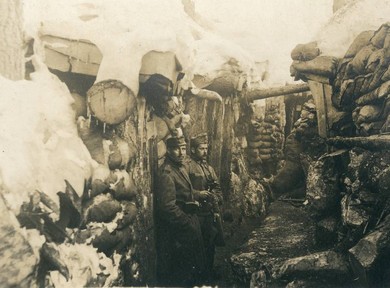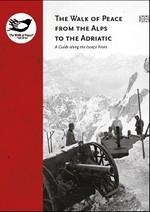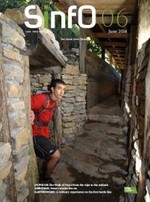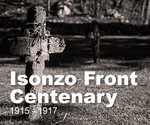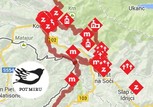Remembering World War I and learning from it
The First World War was supposedly ‘the war to end all wars’, but proved immensely ruthless. It not only affected the soldiers on the front lines, but also took an enormous toll on the lives of civilians, as it turned out to be a total war, deeply affecting civilians, their habits and everyday life.
One hundred years on, looking at the great events of the Great War offers new challenges, particularly a chance to re-evaluate responses to the war, and to fully present events and phenomena connected to it. More...
Slovenes and World War I in Observatoire du Centenaire
I. Introduction: Slovenes in World War I
One of the most outstanding Slovenian writers Ivan Cankar named in 1917 the period he had been living in as the years of horror, that brought about moral depravity, many deaths, unspeakable suffering, but perhaps also hope and redemption. He might had anticipated that the processes and events triggered by the war would put the old world to an end and that the war's end would reinforce the need to rethink the values that would determine the future of the world.
The first World War, a significant turning point in behaviour, sentiment, an enormous cultural and not merely military event, the inducer of changes of the political map of Europe, national relations, horizons of science and technology, and of individual and collective way of comprehension of the world and events, is for the Slovenes and the history of Slovene ethnic territory undoubtedly a turning point. The Slovenes took part in different stages of the world encounter; they were soldiers, captives, deserters, prisoners of war, rebels, internees, refugees, the occupied and occupying force and above all, one of the most sanguinary battlefields of Europe – the Soča (It.: Isonzo), had taken place on Slovene territory. More
